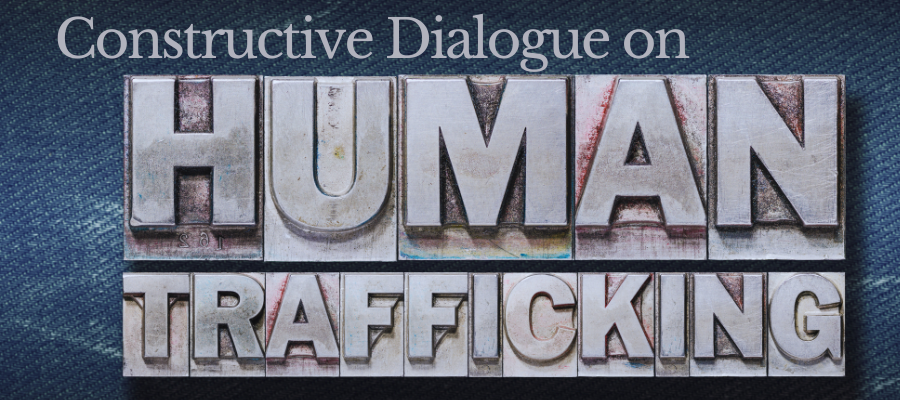
The United Nations Working Group on Trafficking in Persons (a subsidiary body of the Conference of the Parties to the United Nations Convention against Transnational Organized Crime) and the subsequent Constructive Dialogues took place from 8 to 10 July 2024 in Vienna, Austria.
The Constructive Dialogues is the main forum within the United Nations system for discussion and exchange between state practitioners and civil society organizations on human trafficking. It was created to facilitate exchange between crime prevention and criminal justice experts from countries that have committed to implement the UN Trafficking in Persons Protocol. More than 90% of States around the world implement this international instrument.
This year, the topics discussed were:
- Trafficking in persons for the removal of organs
- Trafficking in minors
Human trafficking for organ removal involves the exploitation of people to obtain organs, usually under deception or coercion. Traffickers, often part of sophisticated criminal networks, sell these organs to recipients who do not want to wait for legal transplants. The global prevalence is difficult to estimate due to the clandestine nature of the crime, but WHO estimated in 2007 that between 5% and 10% of global transplants are performed with organs fraudulently procured on the black market. The demand arises from the shortage of legally available organs, leading to a lucrative illegal business. Governments often allocate few resources to address this type of crime compared to other forms of trafficking, which inadvertently allows traffickers and networks to continue and expand these practices.
Data on human trafficking for organ removal in Spain reveal a low incidence compared to other European countries. In 2022 there were 11 victims detected in Spain for this crime, while in Italy, the European country with the highest incidence, they reached the figure of 1,087. Despite the low incidence, it is of concern that these cases occur in countries where there is a consolidated organ donation and transplantation system.
Spain leads the world in organ donation for transplantation with a rate of 48.9 donors per million population. Spanish legislation establishes that any Spanish citizen who does not express his or her opposition to organ and tissue donation during his or her lifetime will be a donor at death if he or she is valid to do so. This is called presumed consent. However, there must be informed consent from the family of the deceased person. This is called the Spanish Model, which is recommended by the WHO.
Trafficking of minors involves their exploitation in various forms, being a serious crime and a violation of human rights. The consent of a minor to be exploited is considered irrelevant at the judicial level. According to the latest data from the United Nations Office on Drugs and Crime (UNODC), one in three victims of trafficking is a minor. In Spain, between 2017 and 2021, 5,858 people, including 100 children, were victims of trafficking.
In the Constructive Dialogues, the representatives of different civil society organizations were able to re-emphasize the importance of the role of our organizations in the fight against this crime, providing information and knowledge of the reality of human trafficking in the field. This will allow states to align priorities and allocate resources to effectively respond to and prevent human trafficking.
Some of the issues that were highlighted as important by the different organizations were:
- action on the root causes of trafficking
- the role of trafficking survivors in the fight against human trafficking
- the need to share knowledge and raise awareness and sensitization within our societies
- the involvement of communities in the prevention of trafficking
- the proactivity of the different actors in the identification of victims
- the principle of non-punishment for victims.
Concern was also raised about the exclusion of civil society from key parts of the review mechanism, and about the slow pace of the mechanism. Despite that we are close to the 25th anniversary of the adoption of the UNTOC, there are few concrete results.
An appeal was therefore made to all Parties and UNODC to redouble their efforts and increase their political commitment to the effective and comprehensive implementation of this Convention, in collaboration with their civil society partners.
Author: Marta Santos, UN Representative IBVM/CJ Spain
